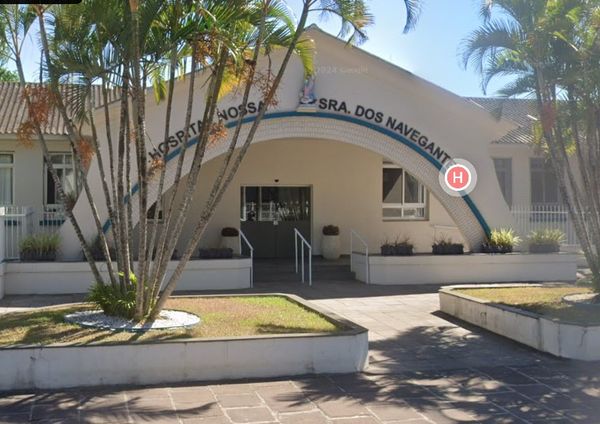For years, the basic rule of thumb for asset allocation has been that you should put 60% of your investment portfolio into stocks and 40% into bonds.
But inflation-adjusted 60-40 investment portfolios are on pace for a negative return of 49% this year, their worst in history going back to 1920, according to Bank of America.
So what’s an investor to do? “We favor allocations to defensive equities, inflation winners, prudent yield fixed income, and higher cash,” BofA strategists write in a commentary.
We here at TheStreet.com have a few ideas of our own about how investors can approach this period of volatility.
Dividend Stocks
On the equity side, consider dividend stocks. If you buy strong ones, at least you’ll get regular income, and your choices may hold up better than the rest of the market if equities head south.
The S&P 500 has slipped 19% so far this year, while the S&P 500 Dividend Aristocrats index has lost only 9%. The latter index includes stocks that have raised their dividends for at least 25 straight years.
Here are two of Morningstar’s top-rated dividend-stock mutual funds.
Vanguard Dividend Growth Fund VDIGX
The fund (VDIGX) focuses on high-quality companies that have both the ability and the commitment to grow their dividends over time. Morningstar gives the fund its top rating of gold.
Fund manager Donald Kilbride’s strategy in building its 40- to 50-stock portfolio “blends disciplined, benchmark-agnostic focus on firms likely to continue increasing their dividends at a double-digit rate with a willingness to learn and adapt,” Morningstar analyst Alec Lucas wrote in a commentary.
T. Rowe Price Equity Income Fund PRFDX
The fund (PRFDX) seeks a high level of dividend income and long-term capital growth. Morningstar gives it the firm’s second highest rating of silver. The fund has a “strong analyst team and well-executed process,” Morningstar analyst Adam Sabban wrote in a commentary.
“While dividend-paying stocks feature prominently in this strategy, income is but one of a few considerations. Manager John Linehan won’t reach for yields while compromising on fundamentals, though he’ll sometimes lower his quality criteria for a stock trading at a large perceived discount.”
Treasuries, CDs, Cash
You may want to shy away from bond funds, as their values will fall if yields keep rising. Instead you can opt for individual bonds, which now have yields near four-year highs.
Conservative investors can buy Treasuries, as they're almost guaranteed to get the bond’s par value back when the bonds matures. And Treasury yields are starting to look attractive. You can do your buying in phases, so that if yields keep rising, as is likely, you’re able to take advantage.
You also might consider Series I Treasury Savings Bonds. These bonds have yields that move with inflation, and the payout totals 9.62% through October.
Certificates of deposit are almost as safe as Treasuries, and some of them have yields higher than Treasuries now. You can get a three-year CD yielding 3.15%, compared to the three-year Treasury yield of 2.73%.
As for cash, with money-market funds sporting paltry yields, you may want to consider a laddered Treasury bill portfolio.
Laddered portfolios consist of a wide range of maturities. That way you're never stuck with low yields for too long and can always take advantage of high yields.
Your portfolio might include three-month Treasuries, now yielding 1.05%; six month Treasuries, now yielding 1.46%; nine-month Treasuries, now yielding 1.81%; and one-year Treasuries, now yielding 2.07%.







